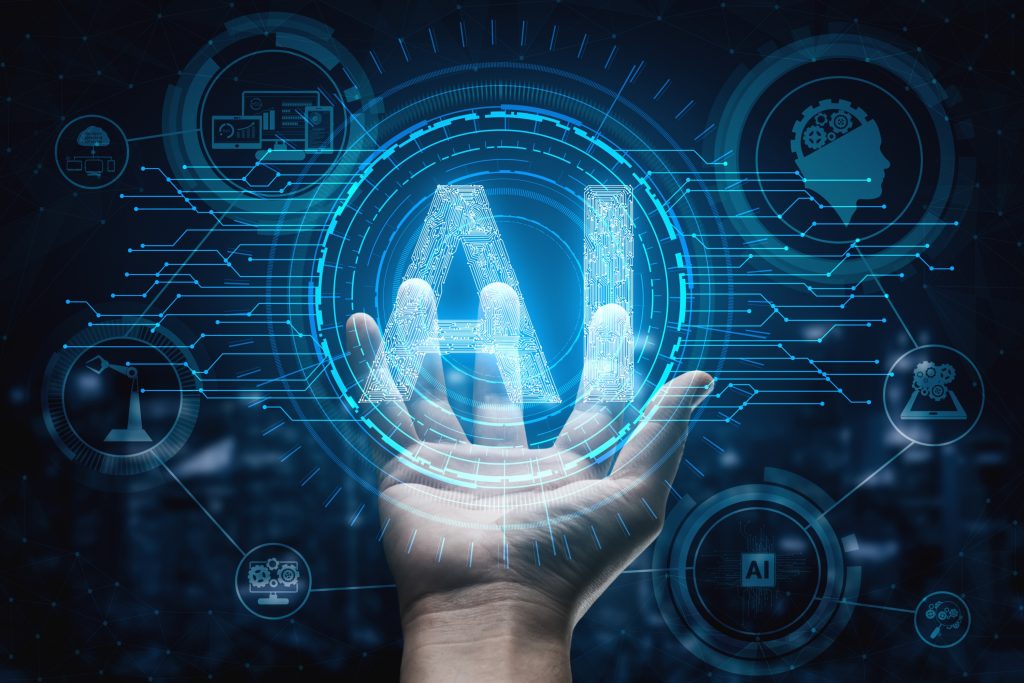AI music faces legal challenges
Musicians like Tift Merritt criticise AI platforms for creating imitations of their work, claiming it’s theft rather than transformative.

AI-generated music faces strong opposition from musicians and major record labels over concerns about copyright infringement. Grammy-nominated artist Tift Merritt and other prominent musicians have criticised AI music platforms like Udio for producing imitations of their work without permission. Merritt argues that these AI-generated songs are not transformative but amount to theft, harming creativity and human artists.
Major record labels, including Sony, Universal, and Warner Music, have taken legal action against AI companies like Udio and Suno. These lawsuits claim that the companies have used copyrighted recordings to train their systems without proper authorisation, thus creating unfair competition by flooding the market with cheap imitations. The labels argue that such practices drain revenue from real artists and violate copyright laws.
The AI companies defend their technology, asserting that their systems do not infringe on copyrights and that their practices fall under ‘fair use.’ They liken the backlash to past industry fears over new technologies like synthesisers and drum machines. However, the record labels maintain that AI systems misuse copyrighted material to mimic famous artists without appropriate licenses, including Mariah Carey and Bruce Springsteen.
Why does this matter?
These legal battles echo other high-profile copyright cases involving generative AI, such as those against chatbots like OpenAI’s ChatGPT. The outcome of these cases could set significant precedents for using AI in creative industries, with courts needing to address whether AI’s use of copyrighted material constitutes fair use or infringement.
